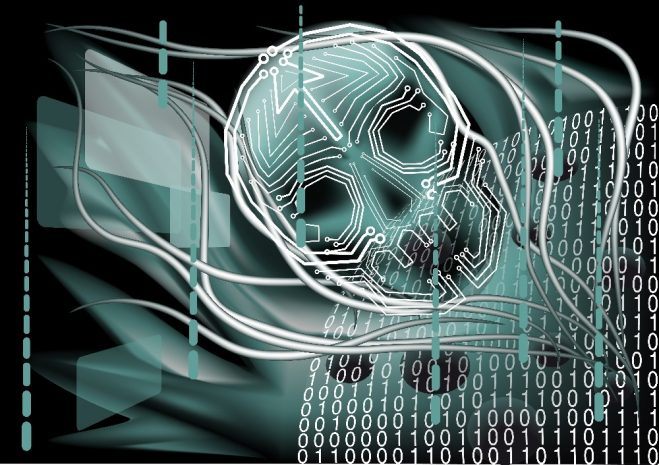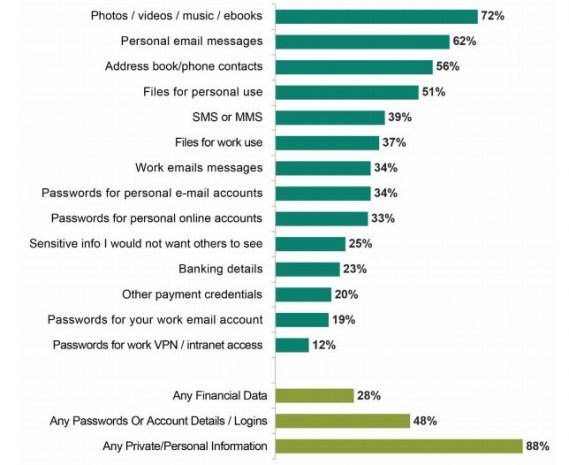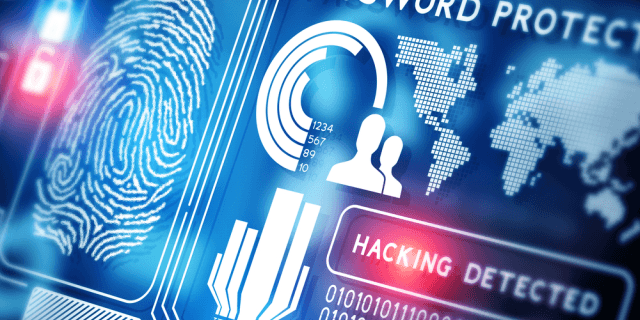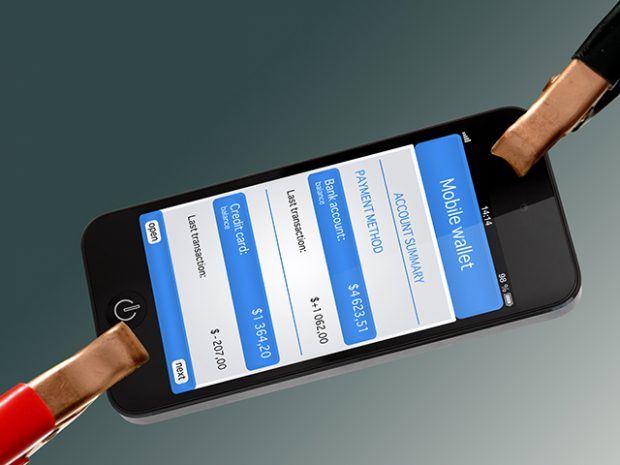
cyberthreats
16 articles


Caring for healthcare
Considering the modern threat landscape, the healthcare industry should pay more attention to cybersecurity

What is HuMachine?
The essence of the HuMachine concept is a fusion of big data, machine learning, and our analysts’ expertise. But what is behind these words?

Healthcare security: Risks and predictions
Safeguarding data and combating cyberthreats in healthcare.

+1 Enterprise Intelligence Service: Introducing Our Cyberthreat X-Ray!
We’ve got a multi-function cyber-X-ray in development, but some of its functionality can already be used right now.

Is safeguarding data the pre-eminent challenge in the rapidly changing world of healthcare IT?
Healthcare technologies and mobile working practices are producing more data than ever before, so there are more opportunities for data to be lost or stolen.

Bodiless malware: How it works
In our previous article on this topic, we looked into the history of memory-only attacks, also taking a glance at attack scenarios and appropriate defensive technologies. Now it is time

Filet-o-Firewall: new vulnerabilities in UPnP expose the whole network
Routers are again becoming a source of cyberthreats as a new batch of security vulnerabilities in UPnP were publicized earlier this month.

Mobile issues of end users and their relevance to businesses
Kaspersky Lab has rolled out a new cyberthreats report covering Q2. While it is consumer-oriented, certain findings are extremely relevant to business.

2014 statistics: business and financial cyberthreats
Kaspersky Lab has gathered stats on the cyberthreats in 2014. The figures are appalling, but they don’t spell out doom and gloom. It is all about awareness.

How to protect your clients and save the world at the same time
There are some good reasons to spend years researching high-profile cyberthreats. But we do our best to protect our customers from the latest threats even before the investigation has concluded. Here’s how.

Cyberthreats: not a matter of faith
1 in 8 people don’t believe that cyberthreats are real. The threat may go away if you turn your back to it in a dream, but that won’t work in reality.

A hole in the fence: is there a “partial preparedness” to cyberthreats?
Can a business be “partially” prepared to ward off cyberthreats? That’s up for debate, but it seems there is little difference between “partial protection” and no protection at all.

Addressing the #heartbleed panic: advice for small business owners
The Heartbleed bug was huge news last week and still is. As a hobbyist programmer, I am saddened that attention to the art of software-making was brought on as a

Infographic: Seven Circles of Cyber-Inferno
Cyberthreats come in many forms in today’s world. Make sure you know what types of attackers you are up against.
 social engineering
social engineering health care
health care HuMachine
HuMachine True Cybersecurity
True Cybersecurity bodiless
bodiless